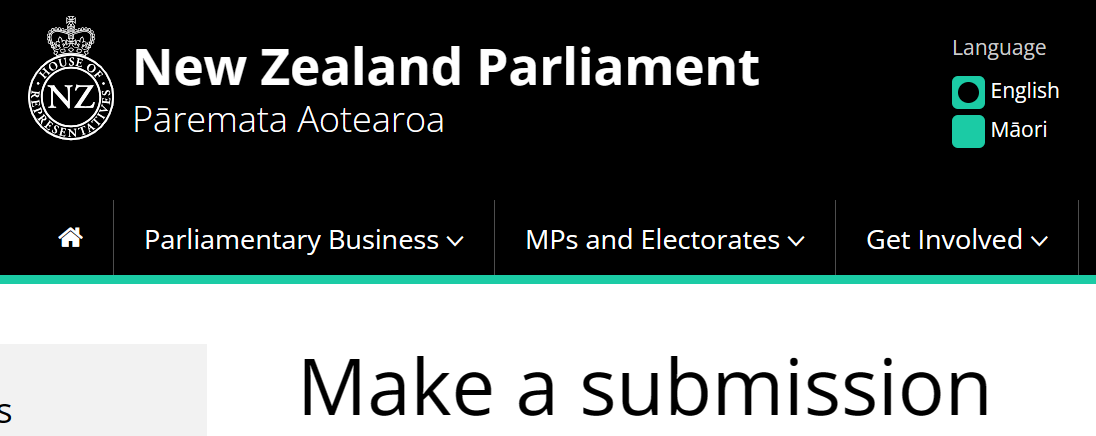It is with growing dismay and deep concern that I have been following the policy directions of the incoming ‘Coalition of Chaos’. The policy announcements seem to get worse with each passing day. I find myself overwhelmed with dread and worry for what this means for us, for our country, for the people I know, and in particular for those groups who are most marginalized by the incoming government.
So. What can we do, in the face of this wave of dismissive attitude towards everyday persons?
Firstly, NEVER COMPLY IN ADVANCE!
This is a core lesson in resisting the creep of fascism (and of other -isms such as racism and bigotry). In the words of Timothy Snyder, in, On Tyranny: Twenty Lessons from the Twentieth Century:
Most of the power of authoritarianism is freely given. In times like these, individuals think ahead about what a more repressive government will want, and then offer themselves without being asked. A citizen who adapts in this way is teaching power what it can do.
We saw an example of compliance in advance when the Ministry of Foreign Affairs and Trade chief executive Chris Seed decided to remove te reo Māori from briefing papers, in advance of a directive from the incoming government.
In contrast, New Zealand’s central bank chief, Reserve Bank of New Zealand (RBNZ) Governor Adrian Orr, defended bank use of Māori language in official communications, despite the incoming government wishing to reduce use of Indigenous language in the public sector.
Enabling racism and discrimination against Māori requires us, as Pākehā, to be complicit, to be compliant, and to be supportive. We don’t have to be! We can speak out. We can resist. We can slow down compliance and make it difficult!
It is worth noting that it is entirely possible to subvert rules-of-law through non-compliance - authoritarians need obedient civil servants. Be disobedient (even quietly if you need to be)! As Timothy Snyder notes, concentration camp directors will deliberately seek out businesses interested in profiting from cheap labor.
What else can we do?
We can take note of ethical values and codes. As a professional who holds a practicing certificate, my professional code of ethics is of enormous value here. When political leaders set a negative example, our collective commitment to ethics and to appropriate practice becomes even more important.
We can take responsibility for removing hate symbols. Notice swastikas and other signs and symbols of hate. Do not look away. Do not get used to them. Remove them yourself - and encourage others to do so.
We can make submissions and email our local MP’s. Law changes in New Zealand (unless pushed through under urgency) must go through a Select Committee process. You can sign up to get notifications from Parliament about upcoming Select Committee’s and law changes here. You can request to make a verbal submission as well - these are now conducted via Zoom as well as in person, which makes it much easier for all of us to contribute. Do not make it easy for the proposed changes to be accepted!
And, as always, we can organize and connect with like-minded others. Join your local union. Say something in the horror story of your Facebook local neighbourhood group. Support each other. Connecting with others on Twitter, and now here, and on Mastodon and Blue Sky has been incredibly good for me - it tells me I am not alone, that it’s not just me, and that my voice is valued (and needed).
Thank you, again, for listening and reading. What else can we do? Drop your ideas in the comments.
Take care,
Rebekah





It's a bit surprising that our (or, rather, this) New Zealand government is so blatant and out front about their racist, hate-filled agenda. They don't believe they need to hide anything or be careful or take their time. But if (as we have to hope and believe) their beliefs and policies represent the view of a minority of New Zealanders, then the rest of us have to assert our own values and beliefs and let them inform our response. I was impressed with how the Greens and Te Pāti Māori were able to support one another during the election campaign (especially in the debates), despite their differences.
This government has made it clear than they are coming for Māori, beneficiaries, renters, and others who are not part of the privileged, property-owning class. They hold political power for now, but they have taken the moral low ground. We have to remind ourselves that, despite the hissing we're hearing from what appears to be a three-headed monster, there are no poisonous snakes in New Zealand — just a few reptiles spitting venomous words as they try to remake the whenua in their own image.
We have to get angry, get together, and get to work. Your practical suggestions are a good start.